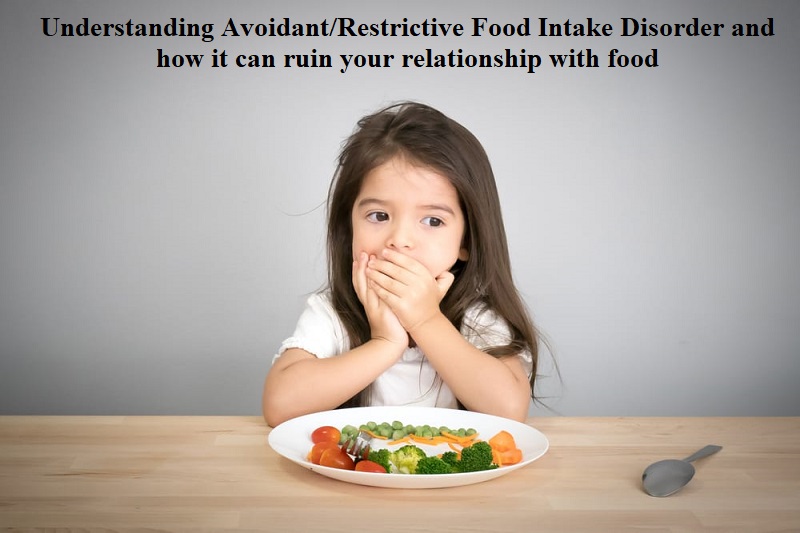
Avoidant/Restrictive Food Intake Disorder (ARFID), previously known as “Selective Eating Disorder,” is a newly recognized diagnosis in the DSM-5. It is characterized by persistent avoidance or restriction of food intake, leading to significant weight loss, nutritional deficiencies, and impairment in physical or psychosocial functioning.
Unlike anorexia nervosa or bulimia nervosa, ARFID is not primarily driven by concerns about body image or weight. Individuals with ARFID often have a very limited range of accepted foods, preferring specific textures, colors, or smells. They may avoid entire food groups, rely on processed or “junk” foods, experience aversions to certain food textures, or find eating in social situations distressing.
ARFID can result in nutritional deficiencies, weight loss, impaired growth in children, and inadequate energy intake. Psychosocial consequences may include social isolation, anxiety around eating, and interference with daily functioning. In some cases, there is a link between ARFID and Post-traumatic Stress Disorder (PTSD). Traumatic experiences can impact an individual’s relationship with food and eating, leading to heightened anxiety, fear, and aversions that may contribute to the development or exacerbation of ARFID symptoms.
Individuals affected by ARFID may employ various coping mechanisms to manage their challenges with food and eating. These coping strategies can include selective eating, establishing rituals and routines, food substitution, avoidance strategies, distraction techniques, food preparation control, and seeking support through online groups or therapy sessions.
To cope with eating disorders like ARFID and improve one’s relationship with food, seeking professional help from healthcare professionals specializing in eating disorders is crucial. Therapy, such as cognitive-behavioral therapy (CBT), can help challenge unhelpful thoughts and beliefs about food. Nutritional counseling can address balanced nutrition and meal planning. Exposure therapy can gradually introduce new foods in a controlled environment. Building a support system, practicing self-care and stress management, educating oneself about ARFID, and utilizing self-help resources are also important steps in the recovery process.
Recovery from ARFID takes time and patience, with progress often being gradual. It is important to be kind to oneself and celebrate small achievements. With appropriate support and a comprehensive treatment plan, it is possible to improve one’s relationship with food and overcome the challenges posed by ARFID.

Post Your Comments